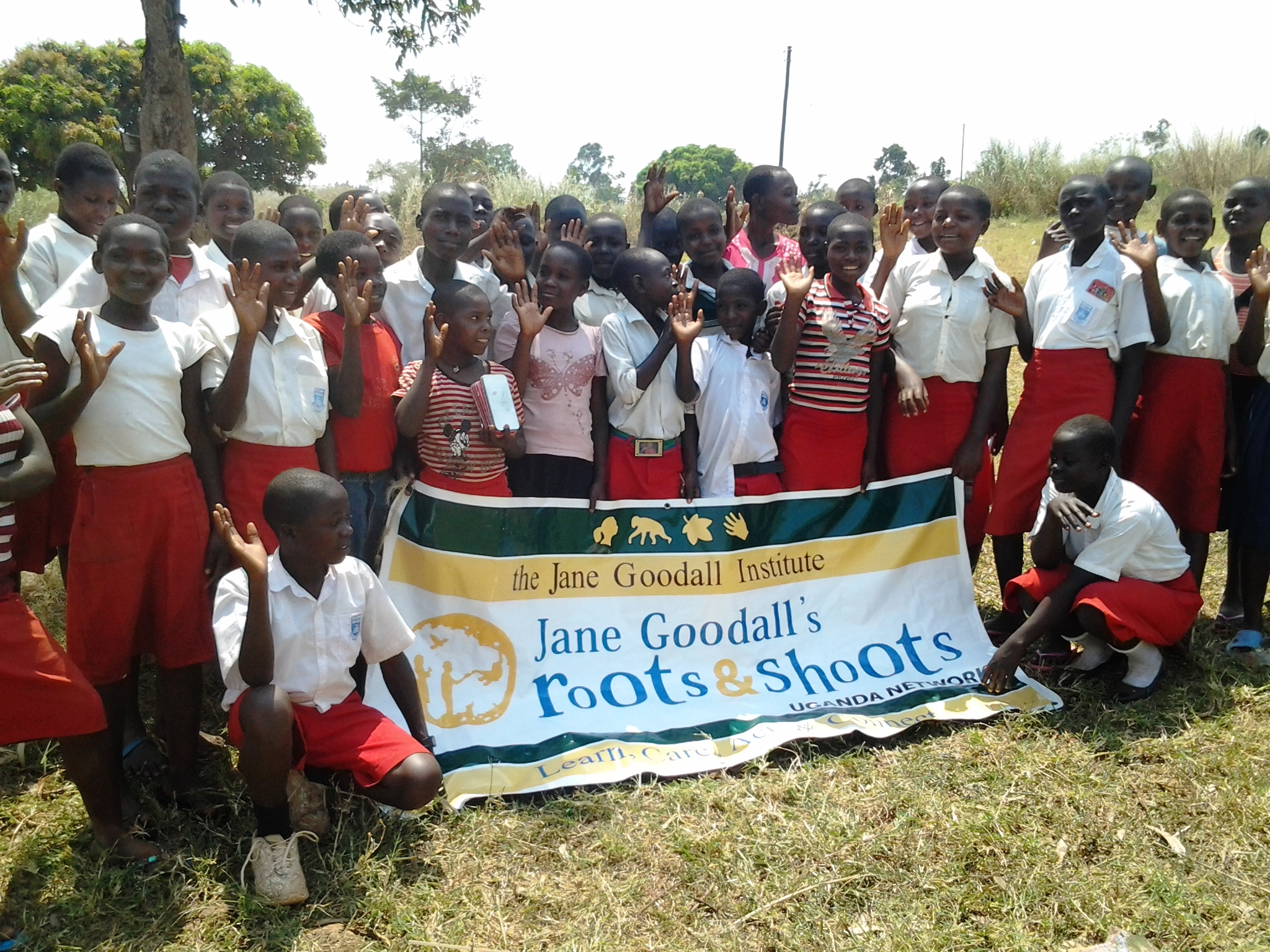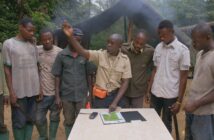In 2011, the UN declared October 11th as the International Day of the Girl Child. Its mission is “to help galvanize worldwide enthusiasm for goals to better girls’ lives, providing an opportunity for them to show leadership and reach their full potential.” It gives us a day to come together and talk about the difficulties girls face all around the world, and how we can solve those problems together.
Gender equality has come a long way, but we still have a long way to go. There are 1.1 billion girls in the world today, and we should do everything in our power to make sure those girls have a bright future ahead of them. In poor areas, girls are 2.5 times more likely to marry in childhood than wealthy ones. This usually means an end to the girl’s education, and personal freedom. They are also at a much greater risk for domestic violence. Educating girls is a desperately difficult and important task. One in five girls in developing countries who enroll in primary school never finish. One in seven girls in developing countries is married before the age of fifteen. By 2015, 64% of the world’s illiterate population will be women and girls.

The Jane Goodall Institute knows that educating girls is one of the most important goals on our agenda. JGI’s programs increase access to education for women and girls, which improves their socio-economic prospects and reduces pressure on natural resources. Our programs provide them with hygienic latrines that offer privacy, sanitary supplies, a peer support network and access to information about their health. This helps girls stay in school past puberty. Helping women and girls means developing sustainable sources of income through projects like tree nurseries, animal husbandry and permaculture. Not only does this help women, but it helps reduce habitat loss and promotes the overall well-being of the community and the forests that surround it.
According to UNESCO, sixteen million girls will never start school compared to eight million boys. Girls are stopped from attending school around the world due to traditional religious practices, child labor due fragile sources of income and lack of information about health. JGI’s Girl’s Scholarship project helps to decrease the gap between the levels of education achieved by men and women in the Kigoma community of western Tanzania. So far, the institute has sponsored 249 girls to attend elementary school, high school and university. That’s 249 girls with control over their future.

Dr. Jane Goodall with a group of Roots & Shoots members in Salzburg, Austria
Providing education can only go so far when access to knowledge is lacking in so many areas of personal health and decision making. With a peer-to-peer education project, JGI equips young women in Uganda with information on topics like HIV/AIDS, other STIs and reproductive health overall. The program helps girls successfully navigate the challenges of maturing into adulthood. It also provides participating schools with materials to help teachers guide students and inform them about women’s health issues. These materials include hygiene supplies so girls can attend school during their period. In so many countries, this is a major cause for lack of enrollment, or completion of school for young women and girls.
JGI’s programs help increase girls’ access to education, socio-economic prospects and access to information about their health. Dr. Jane Goodall understood that the task of protecting primates goes hand in hand with empowering girls. The lives of girls and young women are complicated and magnificently dynamic, and the way we make those lives better should be just as multidimensional as all those girls around the world.
Jane had an opportunity to do what she dreamed because of the support of people in her life, opportunity and an education. By setting girls up to succeed and dream they can be like Jane, or be like whoever they want to be. That is the world we need to build together.





